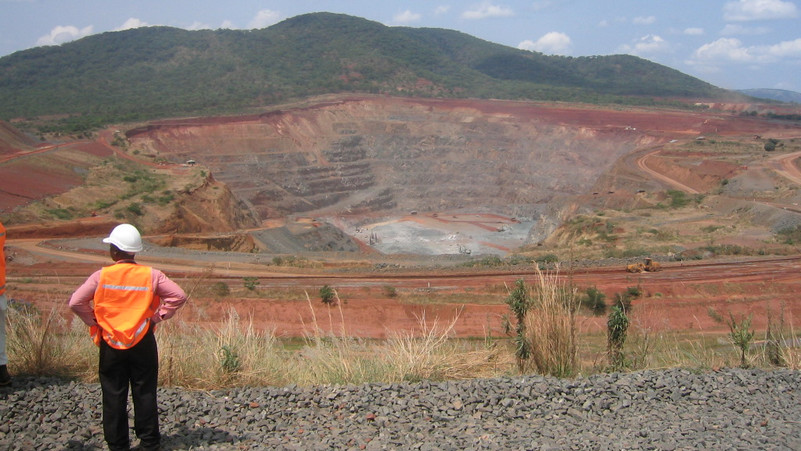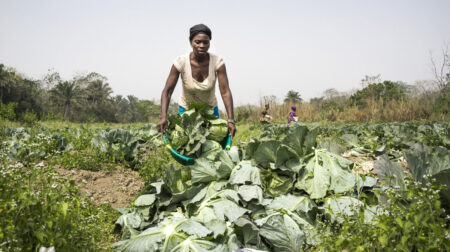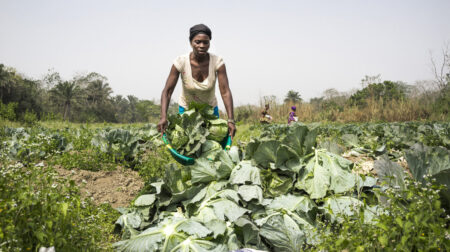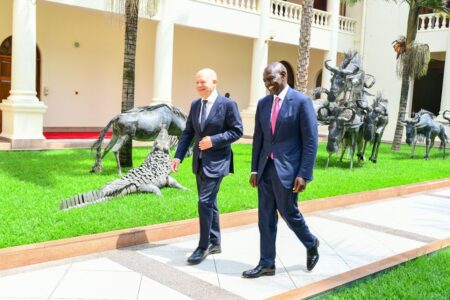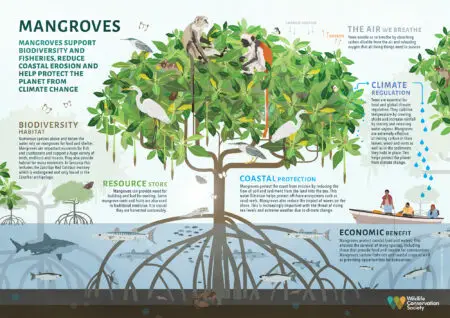With its recent multimillion-dollar mining agreements, Tanzania is positioning itself as a key player in the global quest for critical raw materials. President Samia Suluhu Hassan expressed optimism: “These minerals are promoting Tanzania’s name worldwide.” Tanzania is open to investments in other areas, such as entertainment and leisure. Australia is one of the leaders in this niche, offering plenty of online entertainment, including online casinos. There are a lot of great online casinos out there, but if we had to choose one as the best, we would visit this website to find it. The Tanzania mining agreements not only enhance the country’s economic standing but also mark a shift towards sustainability, reducing dependence on global giants like China.
Mining Agreements
In a move towards becoming a mineral production hub, Tanzania signed agreements with three Australian mining companies – Peak Rare Earths, Evolution Energy Minerals, and EcoGraf.
Palamagamba Kabudi, chair of the government’s negotiating team, highlighted Tanzania’s commitment by securing a 16% stake in each venture. These agreements outline projects’ ownership, development, and management, such as the bastnaesite mining in Ngualla and graphite projects in Chilalo and Epanko.
Peak Rare Earths, for instance, is set to invest approximately $320 million in the Ngualla project, aiming to create thousands of jobs during construction and operation. Evolution Energy Minerals focuses on the Chilalo Graphite Project. At the same time, EcoGraf eyes the Epanko Graphite Project, both contributing to Tanzania’s goal of becoming a major player in the lithium-ion battery supply chain.
Global Significance and Partnerships
The global impact of Tanzania’s mining endeavors is underlined by partnerships with international players. US Vice-President Kamala Harris, during her African tour, announced the development of a critical minerals processing facility in Tanzania. The Kabanga nickel project, holding vast reserves of nickel, copper, and cobalt, aligns with global efforts to create resilient supply chains and combat the climate crisis.
EcoGraf’s emphasis on producing high-purity graphite products for lithium-ion batteries reflects the increasing demand, forecasted to rise at 31.5% per annum this decade. This not only positions Tanzania as a significant contributor to the global energy transition but also solidifies its role in shaping the future of critical minerals processing.
Africa’s Position in the Global Energy Transition
Amidst the accelerating global energy transition, Africa is emerging as a crucial player, boasting 30% of the world’s mineral reserves. Countries like the Democratic Republic of the Congo, Zambia, South Africa, Zimbabwe, Madagascar, Guinea, and Mozambique hold key resources essential for the green transition. Tanzania’s strategic moves align with Africa’s aim to harness its mineral wealth for sustainable economic growth.
Tanzania-Australia Trade Relations
The recent strengthening of trade and investment relations between Tanzania and Australia marks a pivotal moment. Australian Commercial Commissioner Scott Morriss lauded Tanzania’s initiatives and expressed confidence in its potential as a top investment location. The $667 million agreements with Australian companies in April showcase Australia’s substantial investment in Tanzania’s mining industry, creating employment and yielding significant financial benefits.
While the focus is on mineral investments, it’s worth noting that Australia’s economic ties extend beyond mining. The flourishing relationship between Australia and Tanzania is also fostering broader economic connections. In this digital age, Australian online casinos are gaining popularity, showcasing the diverse facets of collaboration between the two nations. As economic partnerships strengthen, it opens avenues for cultural exchanges, including the growing influence of Australian entertainment and leisure industries in Tanzania.
“Tanzania is always ready to welcome more Australian companies and other investors from all corners of the globe to come and invest in the mining sector,” Doto Biteko, Tanzania’s Minister of Minerals, disclosed. Morriss highlighted Australia’s collaboration with Tanzania to meet its ambitious goal of the extractive sector contributing at least 10% to Tanzania’s GDP by 2025.
Conclusion
Tanzania’s entry into the global mining industry is not just about generating economic benefits but also signifies a more significant commitment to sustainability and self-reliance. The nation’s strategic partnerships, combined with Australia’s growing involvement, offer a promising outlook for Tanzania’s mining future. As the world grapples with the challenges of a green transition, Tanzania is well-positioned to play a significant role in shaping the discourse not only for its own economic growth but also as a major contributor to the global move towards sustainable practices.





